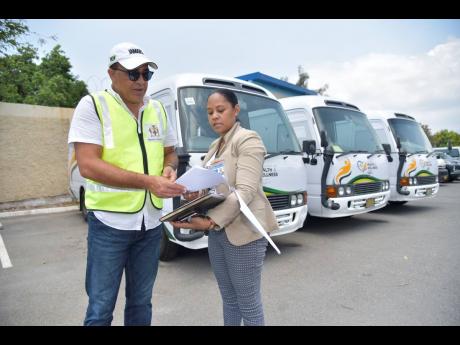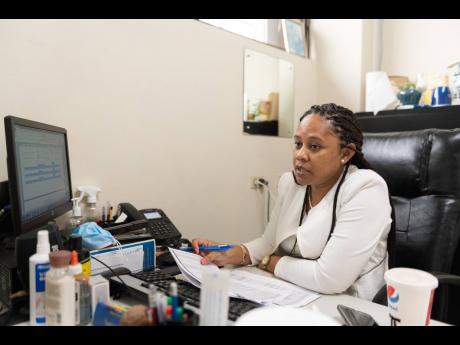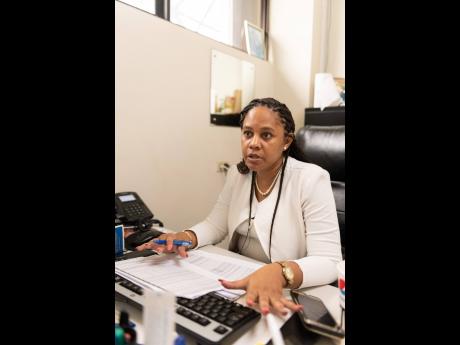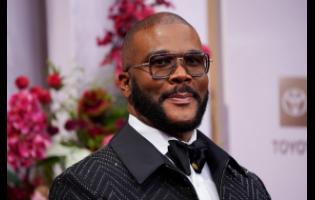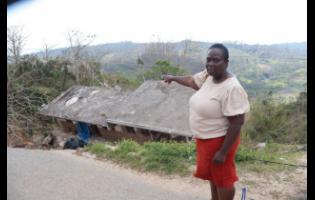Saving lives behind the scenes - Medical technologists are unsung healthcare heroes
Westmoreland native Mitchelle Maylor Archat had her sights on becoming a nurse. However, two weeks before she was due to start the nursing programme at the University of Technology, Archat had a change of heart and decided instead to pursue the bachelor of science degree in medical technology.
Archat is the coordinator of medical technology services in the Ministry of Health and Wellness, and has been a medical technologist at the National Public Health Laboratory for 19 years.
She is one of the four highly trained medical technologists in the island.
"It is rewarding, in terms of you coming in at the lowest rank, which is a level one, and I am now at the highest rank," said Archat. "I started at the clinical chemistry lab and that is mostly automated. When you think of diabetes, and hypertension, that is what is done at the chemistry department. I was first placed at the Kingston Public Hospital and I have been able to travel the entire island because of my position."
A medical technologist is one who analyses and tests bodily fluids and tissues, such as blood and urine, to allow doctors to make a diagnosis.
Go under-recognised
In these times of coronavirus, a medical technologist is necessary to conduct COVID-19 tests and carefully assesses the samples to ensure whether one is infected with the virus.
Yet, medical technologists often go under-recognised as the practitioners are most times behind the scenes.
"I would not blame society [for having that view], because just by looking at the media, people only look at nurses and doctors," said Archat, who holds a master of science degree in nutrition, and is currently reading for her PhD in public health.
"When you visit the hospitals or private institutions, you come in contact with the doctors and nurses. But if they need you to a blood test, they would have to take something from your body to send to the lab. They cannot look at you and tell you that you have diabetes or hypertension. Based on the results and the interpretation by the lab, they deliver the diagnosis," she said.
Archat said that the profession requires discipline, commitment and a love for medical sciences. The core subject areas for entry into the degree programme are biology, chemistry and physics.
Archat said that persons thinking about the profession "would have to be self-motivated to say I love the medical sciences and I don't necessarily want to become a doctor".
"It is not a job that you have to interact with persons, but you can find interaction with your colleagues, or if you are attached to a hospital. The medical technology services is a very wide area, there is something for you," she said.






























